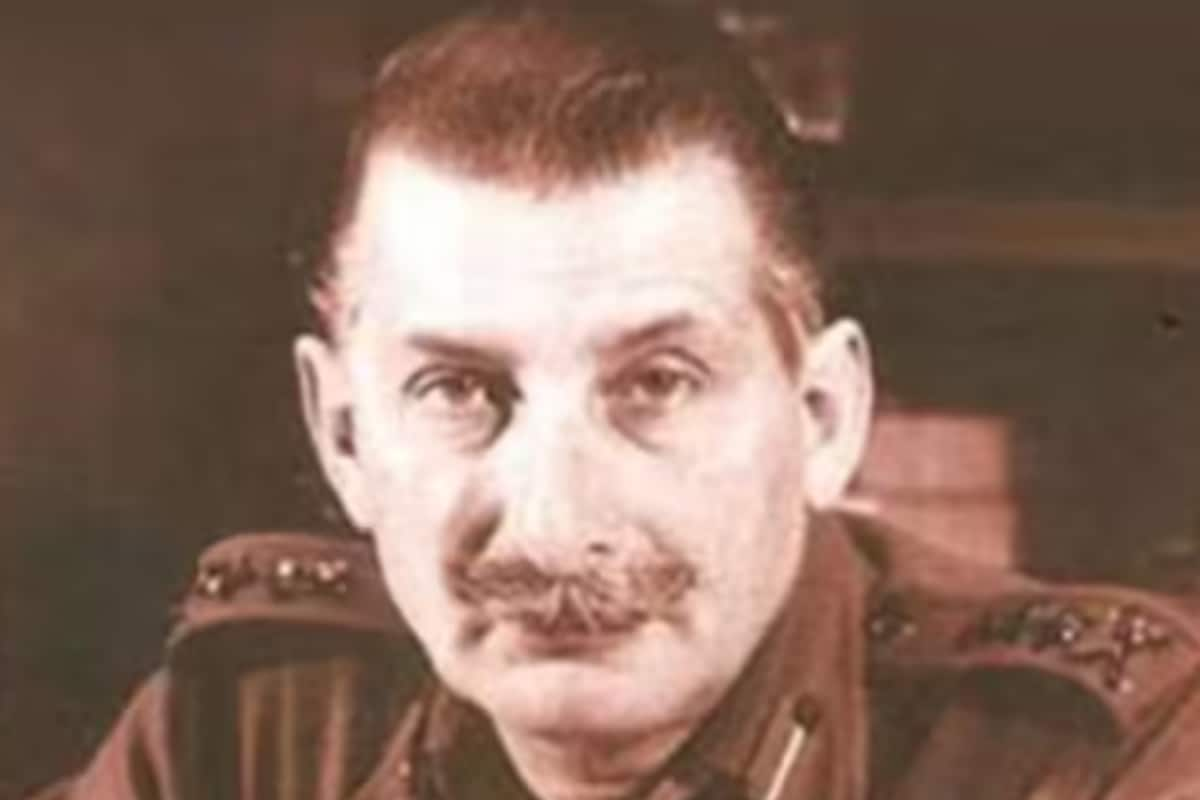

In the annals of Indian military history, the 1971 war stands as a monumental victory, etched in the nation's memory for its decisive outcome and the birth of Bangladesh. The triumph, however, was not a matter of impulsive action but a result of strategic foresight and the courage to stand one's ground, exemplified by Field Marshal Sam Manekshaw's firm stance against an initially eager Prime Minister Indira Gandhi.
In April 1971, with the crisis in East Pakistan escalating and millions of refugees pouring into India, Indira Gandhi was keen to act swiftly. The situation demanded intervention, and the Prime Minister sought the counsel of her army chief, General Sam Manekshaw. When asked if the country was ready for war, Manekshaw, with characteristic candor and strategic acumen, said 'Not Yet'.
Manekshaw understood the gravity of the situation. He knew that premature intervention could lead to a disastrous outcome. The Indian Army, according to him, was not yet battle-ready. The Himalayan passes were about to open, posing a threat of Chinese intervention. The monsoon season was approaching, which would turn the rivers of East Pakistan into impassable obstacles. Launching an offensive under such conditions, Manekshaw believed, would guarantee defeat. He made it clear that the army needed time to prepare, to coordinate, and to strategize effectively.
Moreover, Manekshaw emphasized the importance of training the Mukti Bahini, the Bangladeshi guerrilla resistance movement. This force would prove invaluable in the war, assisting the Indian Army in its advance and securing the eastern front. Recognizing Manekshaw's conviction and strategic depth, Indira Gandhi granted him the time he requested. This decision reflected her pragmatism and trust in her military leadership.
With six months in hand, Manekshaw meticulously orchestrated the preparations for war. He set a date for the offensive, personally oversaw the infrastructure buildup, and ensured that the army units were battle-ready. Logistics and ammunition supplies were stocked up, and strategies were refined. He was given a free hand to plan his strategies. His leadership ensured that the Indian armed forces were fully prepared when the war finally commenced.
The war began in December 1971, and within weeks, India achieved a decisive victory. Over 90,000 Pakistani soldiers surrendered, and Bangladesh was liberated. This victory boosted the morale of the Indian army, especially after the 1962 war with China. Manekshaw's role was pivotal, not only in planning and executing the military operations but also in ensuring the coordination between the three services.
Sam Manekshaw's legacy extends beyond the battlefield. He was known for his wit, courage, and unwavering commitment to his soldiers. His ability to stand up to political pressure and prioritize military readiness made him an exceptional leader. He even offered to resign when Indira Gandhi wanted to proceed with the war plan without preparations. Manekshaw's leadership style, characterized by confidence, gallantry, and a knack for coordination, made him one of India's finest military leaders.
Even after Pakistan's surrender, Manekshaw remained humble and sent Lt. Gen Jagjit Singh Aurora to sign the treaty. He believed in giving credit where it was due and was a true team player. His legacy continues to inspire and motivate the next generation of soldiers and leaders in the Indian Army, and he remains a national hero and an inspiration to all. His story serves as a reminder of the importance of strategic thinking, preparation, and the courage to speak truth to power, even in the face of immense pressure.